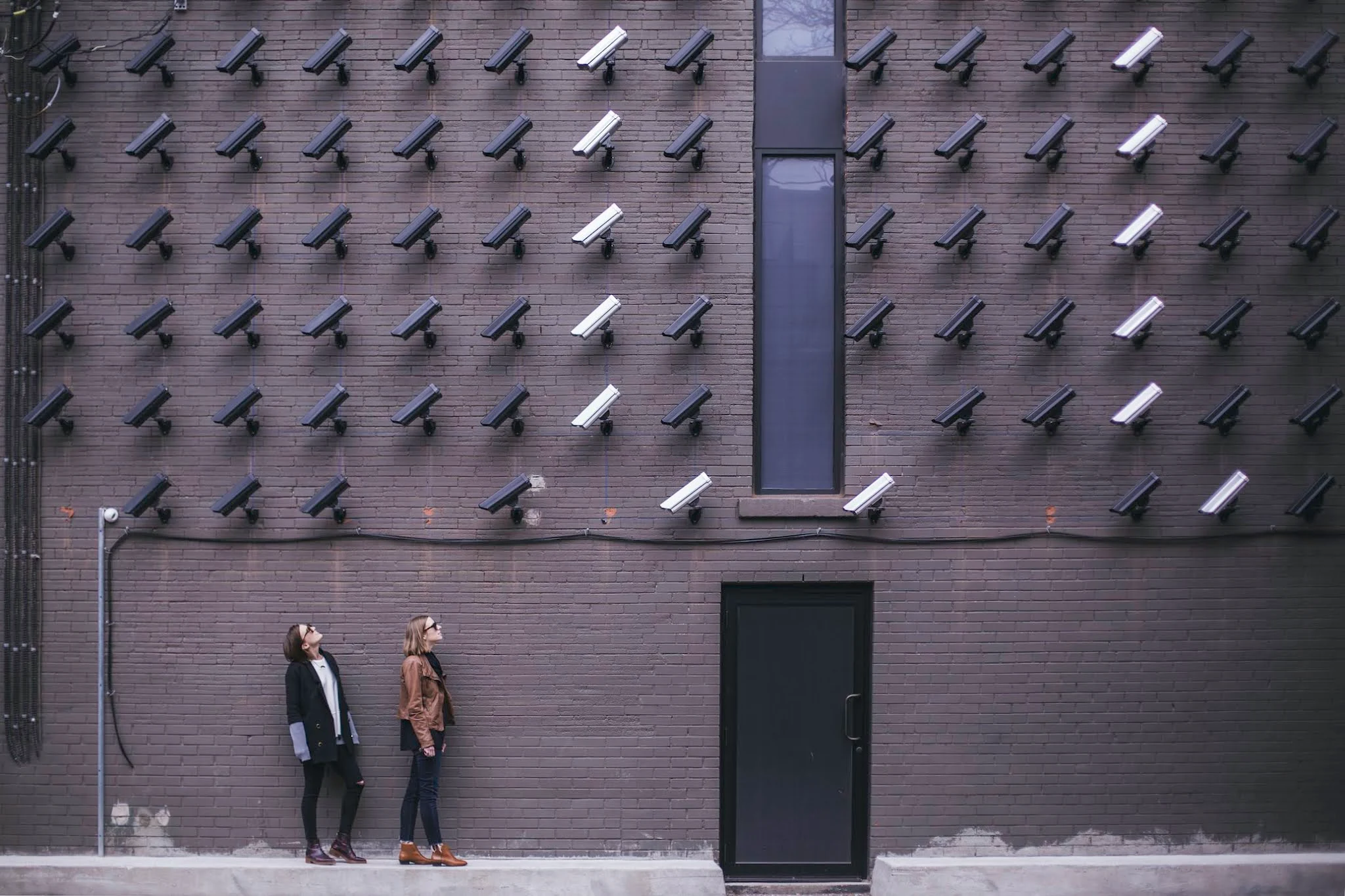CIA specialists have offered their two cents on espionage in the modern world, reaching the conclusion that the olden days of the CIA are more or less completely done with.
Even in the modern day era run almost entirely via the online work and internet connections, our ideas and concepts about how spies operate seem to be almost entirely derived from the early Bond movies starring the likes of Sean Connery. Technology wasn’t the main driving force or platform, it was simply a set of gimmicks and MacGuffins used to drive the plot around. It wasn’t until Skyfall released in 2009 that Bond movies managed to incorporate the internet as more than a gimmicky plot device, and even then the movie’s concepts about how super spies operate are a lot more... “shoot-y”, for lack of a better term. Of course, one would expect no different from action movies, since they are after all spectacles meant to entertain and not educate. But such is the importance and presence of these spy tropes in pop culture that even to this day our mental image of a spy is armed with a fake ID, a colt revolver, and a martini (shaken, not stirred of course).
Starting off our list of specialists discussing the role of espionage in the modern world is CIA director William Burns. His view of the industry is that the like of smartphones and CCTV footage improving by the second has led to an era where leaving digital fingerprints is not only easy, it is at some point almost inevitable. It’s what stops spies from forging solid fake identities across borders. A former CIA station chief, DuyaneNorman, also agrees with Burns’ statement, adding in that many necessary actions in the modern world leave their traces behind. After all, no matter what they do, modern spies quite literally will not be able to operate without using ATM machines, paying for expensive materials without credit cards, or doing any of the former two activities without a camera nearby catching them in the act. It’s not an impossible situation, sure, but it is an undesirable one.
The Science and Technology deputy director, Dawn Meyerriecks, states that such is the coverage of CCTV footage and digital dust that foreign offices don’t even bother tailing suspicious agents or targets anymore. All they have to do is watch the implemented technology do the job for them. Imagine being a highly trained spy, fluent in 20 languages, proficient with 50 guns, or whatever else spy movies come up with, only to get caught because the local Cinnabon caught your shifty looking self in their security camera.
We’ve managed to create a world in which spies find it very difficult to operate, sure, hooray for us. However, just how extensive technological coverage is can be rather worrying. After all, if highly trained professionals can’t escape detection, how safe and private are our own lives?
H/T: WSJ.
Read next: Study Reveals US Based Businesses Have A Poor Grasp Of Best Practices In Regards To Online Safety And Encrypting Company Records On Cloud Services
Even in the modern day era run almost entirely via the online work and internet connections, our ideas and concepts about how spies operate seem to be almost entirely derived from the early Bond movies starring the likes of Sean Connery. Technology wasn’t the main driving force or platform, it was simply a set of gimmicks and MacGuffins used to drive the plot around. It wasn’t until Skyfall released in 2009 that Bond movies managed to incorporate the internet as more than a gimmicky plot device, and even then the movie’s concepts about how super spies operate are a lot more... “shoot-y”, for lack of a better term. Of course, one would expect no different from action movies, since they are after all spectacles meant to entertain and not educate. But such is the importance and presence of these spy tropes in pop culture that even to this day our mental image of a spy is armed with a fake ID, a colt revolver, and a martini (shaken, not stirred of course).
Starting off our list of specialists discussing the role of espionage in the modern world is CIA director William Burns. His view of the industry is that the like of smartphones and CCTV footage improving by the second has led to an era where leaving digital fingerprints is not only easy, it is at some point almost inevitable. It’s what stops spies from forging solid fake identities across borders. A former CIA station chief, DuyaneNorman, also agrees with Burns’ statement, adding in that many necessary actions in the modern world leave their traces behind. After all, no matter what they do, modern spies quite literally will not be able to operate without using ATM machines, paying for expensive materials without credit cards, or doing any of the former two activities without a camera nearby catching them in the act. It’s not an impossible situation, sure, but it is an undesirable one.
The Science and Technology deputy director, Dawn Meyerriecks, states that such is the coverage of CCTV footage and digital dust that foreign offices don’t even bother tailing suspicious agents or targets anymore. All they have to do is watch the implemented technology do the job for them. Imagine being a highly trained spy, fluent in 20 languages, proficient with 50 guns, or whatever else spy movies come up with, only to get caught because the local Cinnabon caught your shifty looking self in their security camera.
We’ve managed to create a world in which spies find it very difficult to operate, sure, hooray for us. However, just how extensive technological coverage is can be rather worrying. After all, if highly trained professionals can’t escape detection, how safe and private are our own lives?
H/T: WSJ.
Read next: Study Reveals US Based Businesses Have A Poor Grasp Of Best Practices In Regards To Online Safety And Encrypting Company Records On Cloud Services

